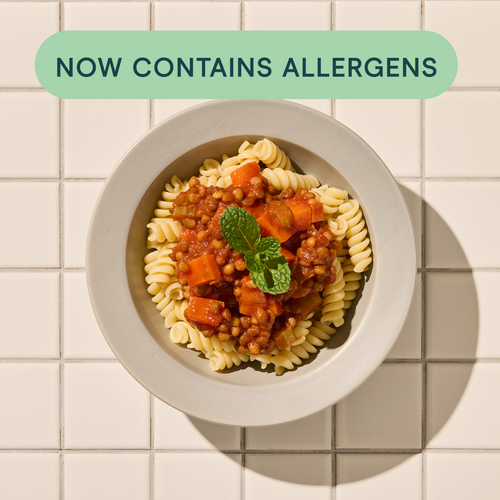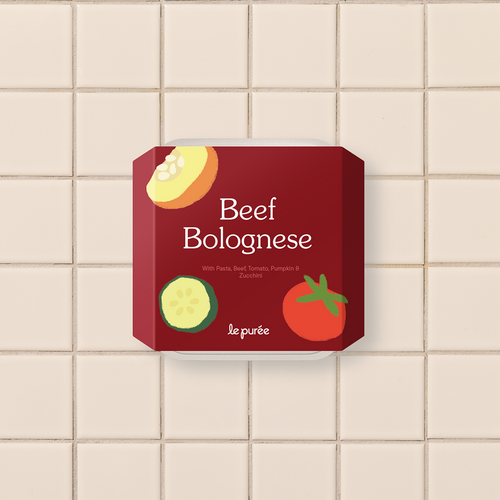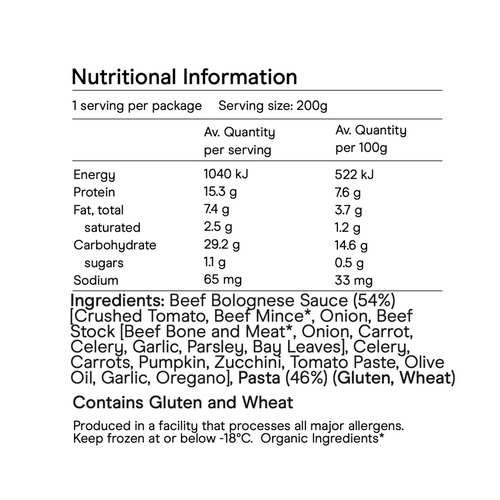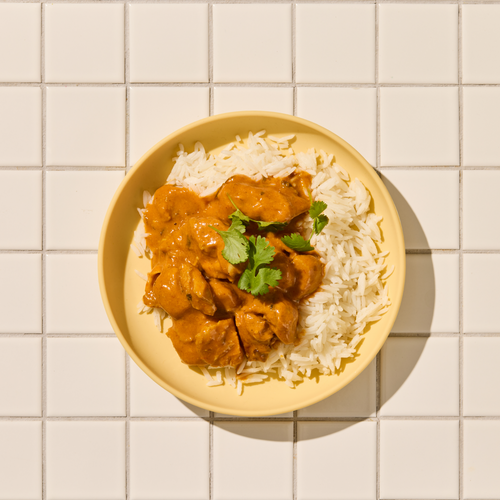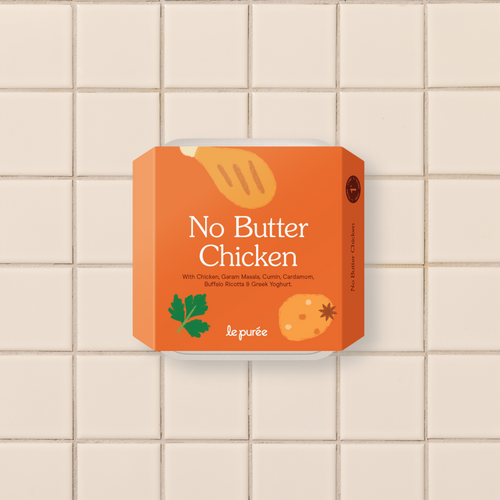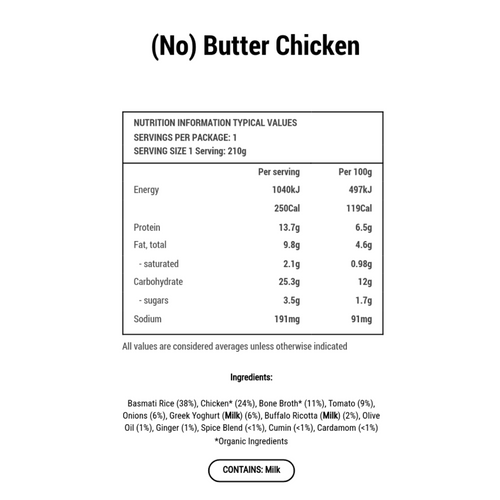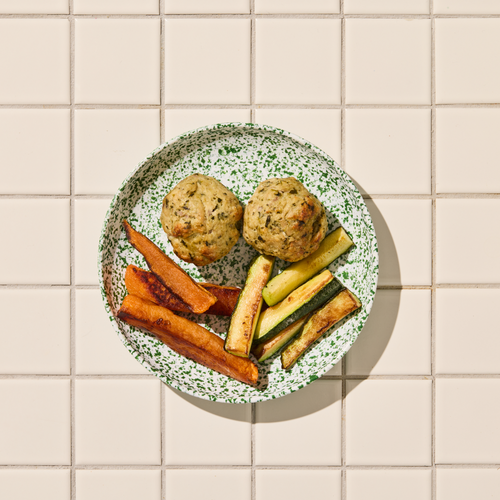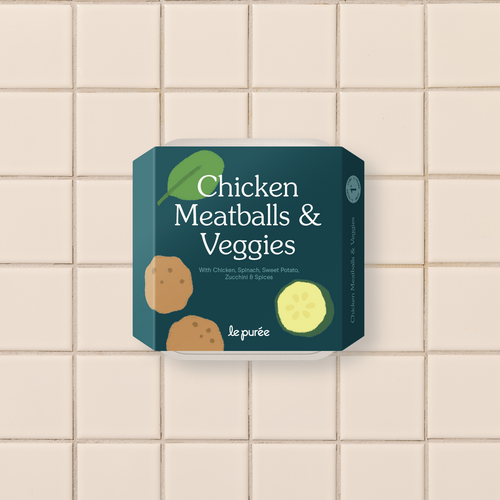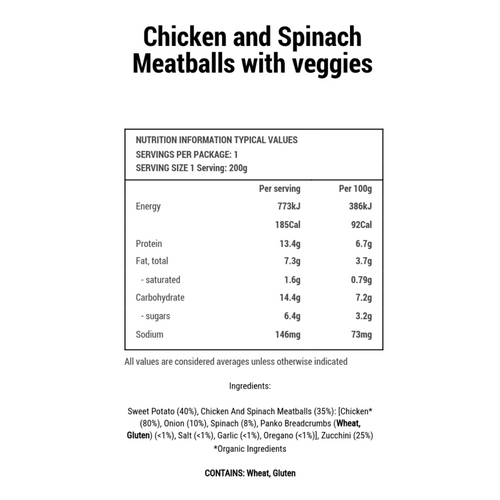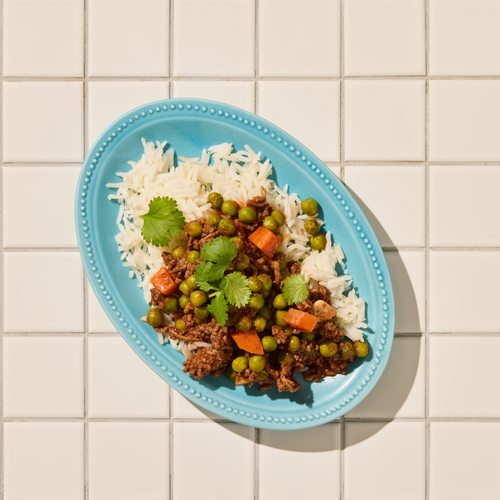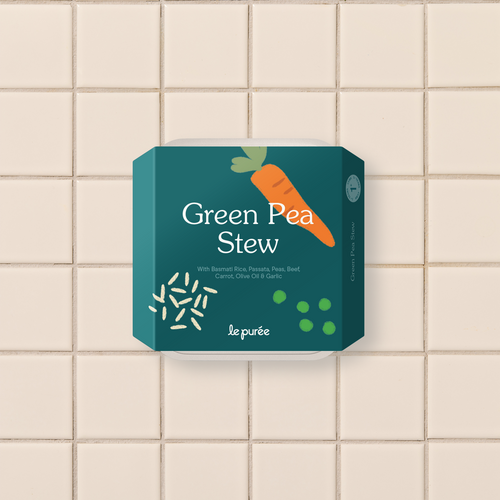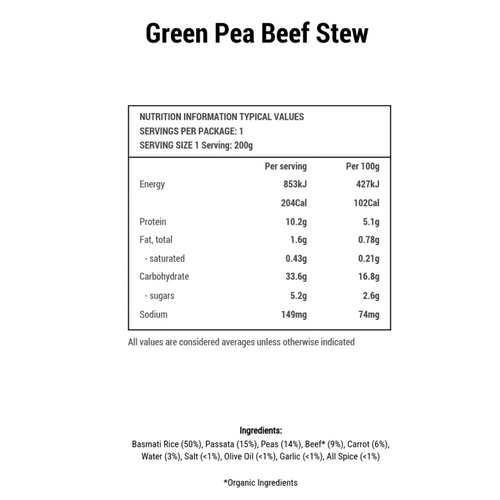Written By: Jenna Nathan, Early Childhood Educator and Toddler Specialist
Did you know that up to 50% of parents report that their toddlers are fussy eaters? If you have a toddler at home, this probably won’t shock you. Mealtimes with toddlers can be one of the most frustrating experiences.
You’ve worked so hard sourcing only organic ingredients, preparing a perfectly balanced nutritious meal…. You deliver it on a silver platter to your darling toddler and….
“I don’t like this!” “I want plain pasta!” “I want something else” “I want a green spoon!” “My banana’s broken!” “Cut my toast in triangles not squares!”

Feeding toddlers is stressful, I get it. You’ve emerged from the baby stage where basically the most important thing is to make sure your baby is full, so that they’ll grow properly and so that they’ll sleep! When you’re feeding your baby, you have all the control. You can choose exactly what they eat and how much and then toddlerhood begins and wham!! Suddenly your toddler is turning their nose up at everything you give them and having very strong opinions on their meal plan. It’s no surprise that parents freak out about their toddler not eating enough, since they’re basically conditioned by (well meaning) doctors and society during babyhood to make sure their child is always full to the brim with nutritious food.
You immediately begin the natural response to any kind of food refusal…. Pressuring, bribing, making another meal, distracting with TV, only serving food you know they’ll eat…. All of the most common parental responses to trying to get their child to eat. But what parents are forgetting is that the number one rule a toddler must follow if they’re going to be a good toddler is…. If your parent really wants you to do something, make sure to do the opposite! This means that the more you pressure, coerce and push your toddler to eat, the more they’ll slam on the breaks and refuse.
A few things to remember, in defence of toddlers.

Toddlers’ appetites vary hugely from meal to meal and day to day. They can actually get by on a very small amount of food, so trust that they will eat if they’re hungry. It helps to look at their nutrition in a broader sense of what they’re consuming over the course of a week, as opposed to looking at each meal in isolation.
It’s totally normal for toddlers to become fussy and more selective with their food choices. It’s actually a part of evolution that they start to decide what they will and won’t eat just like in caveman days, you had to be selective about what you ate to make sure it wasn't poisonous! If your toddler’s become fussy recently, don’t label them a “fussy eater”, rather just accept this as a part of normal toddler development and know that this is a stage, just like everything else in parenting.
Now onto the good stuff..
Tip 1: Take the pressure off 🙌🏼
Don’t pressure your child to eat anything. Remember the division of responsibility when it comes to mealtimes. You decide what is being served and when it is mealtime and your toddler gets to decide what and how much they want to eat. Parents can get really stressed if their children don’t eat enough at a meal, mostly because one of the biggest enemies of parents is a hungry child. Trust that your child will eat as much as they need to. I also know that when parents have spent ages cooking a perfectly nutritious meal for their little angels, only to have it thrown on the floor or pushed across the table, it’s really hard not to take it personally. Having some delicious items from Le Puree ready to go is such a game changer because you will naturally be more relaxed about serving this food with the stakes not being as high as if you cooked these nutritious foods yourself.
When parents innocently say things like “just one bite” or “you need to eat 3 bites of meat” - toddlers feel the pressure, which takes away from their autonomy. Toddlers hate to feel pressure, so even if they were going to eat something, now they’re less likely to because eating has become another battle of wills.
Tip 2: Be playful 💕
Because a toddler views everything through the lens of play, a great way to encourage your toddler to eat without pressure is to engage your toddler with their food in fun ways. Some examples that work well are things like: “ Can you find a big daddy broccoli or a teeny tiny baby broccoli?” or “How many peas can you fit on your fork?” Another favourite for toddlers is to do “cheers” with their food and yours. When you eat your bite after the cheers, they’ll most likely copy you.
Tip 3: Give your toddler some power! 💪🏽
Toddlers thrive on being given control, so let them help set the table, bring the food to the table or choose what drink everyone will have. During the meal, if they complain about not liking the food, problem solve ways THEY can make it better. Whether that be sprinkling a topping on top or getting a sauce to dip the food in. Involving your toddler in food preparation can also help them be more invested in the meal, and they might even try a few veggies while they’re helping too!
Tip 4: Set clear boundaries ⎹
Be clear on the boundaries around mealtimes. If your toddler says they don’t want what’s on offer, or they request something else it’s important that you hold the boundary saying “that’s not on the menu for dinner tonight. We can have that tomorrow”. If you start to offer alternatives or give in to their requests, you’re setting a new precedent of your toddler being allowed to reject what you’ve made. Because toddlers love to test boundaries, if you give in to their requests, they’ll keep going with more refusals and more requests.. Even if they actually like what’s on offer. It will become a game of power, rather than it actually being about the food in front of them.
Tip 5: Relax and have fun ✨
Keep a fun and relaxed energy at the table. As much as possible, sit with your toddler during mealtimes. Even better if you can eat the same food they’re eating (lucky Le Puree is so delicious even adults want to eat it!). Avoid the urge to comment on what they are or aren’t eating, put on some music that you love, and relax!
Remember, at the end of the day, you need to be playing the long game. It’s not about how many vegetables or proteins your toddler is eating now at each meal. What’s really important is that your toddler grows up to be an adult who has a positive and joyful relationship with food.
--
Keen to learn more from Jenna? Follow along at @toddlers.by.jenna




